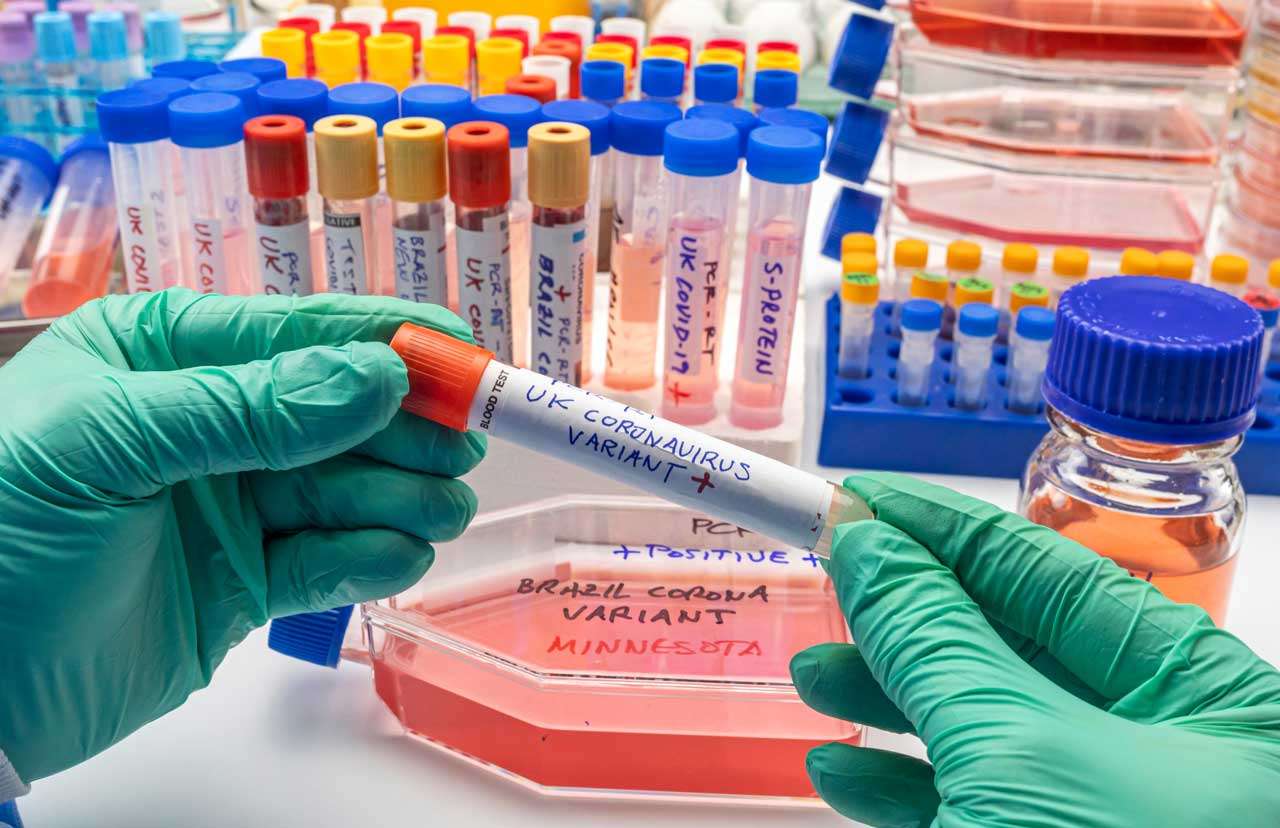It is natural for a virus that causes infectious diseases to mutate but it is important to keep a close watch on how significant the mutations are. The COVID-19 virus, for example, has gone through several mutations but the differences were too subtle for people to worry about them.
The virus that was first discovered in Wuhan, China isn’t the same one you will find in various countries around the world. The more often it transfers from one person to another, the more likely it is to mutate.
What is the UK COVID Variant?
The UK variant B.1.1.7, also referred to as the Kent variant, was first discovered in September 2020 in Southeast England and it became a variant of concern by Public Health England three months after it first emerged.
There are 17 mutations observed in the UK variant. It shares some mutations with the South Africa variant. Eight of those mutations caused a change in the appearance of the outer spike protein, making it easier to bin to human cell receptors.
Impact and Severity of the UK COVID Strain
The COVID-19 UK variant spreads 70% faster than other variants, based on a presentation by Dr. Erik Volz from Imperial College London. The variant already caused a new wave of infections in more than 50 countries. The highest number of cases were found in Denmark, France, Belgium, and the United States of America.
Recent reports have mentioned that the UK variant may be slightly more lethal than the other variants. There is a higher risk of death compared to other variants.
However, it is still possible that there are other factors responsible for the increased risk of death among COVID-19 patients. Studies suggest that patients who are infected with the new variant may be carriers of a higher viral load or might already have underlying illnesses that cause worse complications, making the UK variant seem worse than it really is.
Existence of the New UK COVID-19 Variant in the US
The first cases of the UK variant in the United States were found in Colorado. In early January, several more cases were reported in Ohio. The Centers for Disease Control and Prevention confirmed 19 cases of the B.1.1.7 variant in and around the state.
Based on the CDC website, there are a total of 2,400 cases of the new UK variant in the US today.
Vaccines Vs. the UK B.1.1.7 COVID Strain
Based on recent reports, from scientists and health care providers, the vaccines would slightly be less effective. However, the reduction in efficacy is not significant enough to make the vaccines worthless.
The vaccines are designed to target different parts of a virus. As long as those same parts are hit, even if they have mutated, the vaccines should work. Fortunately, the current vaccines we have can be tweaked or updated to address future COVID-19 mutations.
What is Being Done About It
The CDC, along with public health officials and agencies, are closely monitoring the SARS-CoV2 virus. Each new Coronavirus variant is being studied in order to identify their changes and how those would affect humans. The CDC regularly updates their website with new and updated information regarding the current pandemic and the virus we are all battling against.
Your Role in Helping Prevent Transmission
The UK variant may be quite concerning but we can get through this new viral scare if we work hard together. Aside from targeting the majority of people to get vaccinated, we must still wear face masks and practice social distancing. Even if a virus goes through a large number of mutations, it won’t be able to spread if we stay at least 6 feet away from other people.
Always wash your hands and get tested when you think that you have been possibly exposed to an infected person. It can be quite frustrating and exhausting to follow such policies but patience and compliance are crucial these days.










